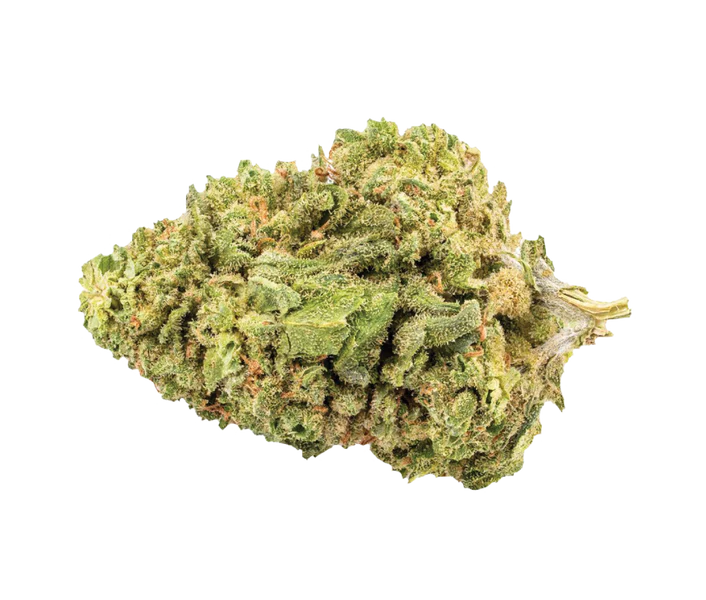Exploring the Therapeutic Effects of Relaxation Wellness CBD Flower
admin
- 0
In recent years, the therapeutic potential of CBD cannabidiol has garnered significant attention, offering a ray of hope for those seeking relief from various ailments. Among the myriad forms in which CBD is consumed, CBD flower stands out as a natural and potentially potent option, inviting exploration into its therapeutic effects. CBD flower, derived from the hemp plant, is rich in cannabidiol and low in THC tetrahydrocannabinol, the psychoactive compound that induces a high. This characteristic makes CBD flower an appealing choice for individuals seeking the potential benefits of cannabis without the intoxicating effects commonly associated with marijuana. One of the primary therapeutic effects attributed to CBD flower is its analgesic properties. Pain relief is perhaps one of the most widely recognized benefits of CBD, with numerous studies suggesting its efficacy in managing various types of pain, including chronic pain, neuropathic pain, and inflammation-induced discomfort.

By interacting with the endocannabinoid system ECS in the body, CBD may help modulate pain perception and reduce inflammation, offering relief to those grappling with persistent discomfort. Moreover, CBD flower has shown promise in alleviating symptoms associated with anxiety and depression. Mental health disorders affect millions worldwide, impairing daily functioning and diminishing overall well-being. Research indicates that CBD may exert anxiolytic and antidepressant effects by influencing serotonin receptors in the brain, thereby promoting a sense of calmness and improving mood. For individuals navigating the complexities of anxiety and depression, CBD flower presents a potential natural alternative to conventional pharmaceutical interventions, with fewer adverse effects. Furthermore, the neuroprotective properties of CBD have sparked interest in its potential role in mitigating neurological disorders such as epilepsy and Parkinson’s disease. Epilepsy, characterized by recurrent seizures, can be profoundly debilitating, particularly for those with treatment-resistant forms of the condition.
Clinical trials have demonstrated the efficacy of CBD in reducing the frequency and severity of seizures in individuals with certain forms of epilepsy, offering newfound hope to patients and their families. In addition to its therapeutic effects on specific medical conditions, cbd flower may promote overall wellness and homeostasis within the body. The ECS plays a crucial role in regulating various physiological processes, including mood, sleep, appetite, and immune response. By modulating ECS activity, CBD may help restore balance and harmony, fostering a state of equilibrium conducive to optimal health. However, it is essential to acknowledge that research into the therapeutic effects of CBD, including CBD flower, is still in its infancy, and further studies are warranted to elucidate its full potential and ensure safe and effective use. Additionally, individual responses to CBD can vary, and factors such as dosage, administration method, and bioavailability may influence outcomes.